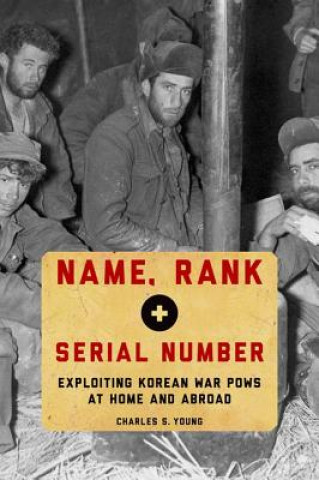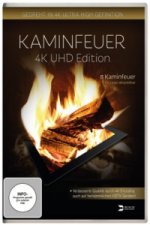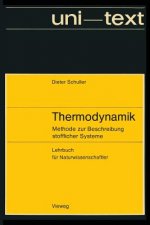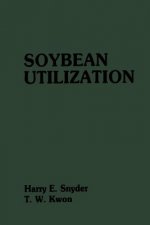
Doručení
Nákupní rádce





Nehodí se? Vůbec nevadí! U nás můžete do 30 dní vrátit
 Dárkový poukaz
V libovolné hodnotě
Dárkový poukaz
V libovolné hodnotě
S dárkovým poukazem nešlápnete vedle. Obdarovaný si za dárkový poukaz může vybrat cokoliv z naší nabídky.
Name, Rank, and Serial Number
 Angličtina
Angličtina
 204 b
204 b
30 dní na vrácení zboží
Mohlo by vás také zajímat


Vietnam POWs came home heroes, but twenty years earlier their predecessors returned from Korea to shame and suspicion. In the Korean War (1950-1953) American prisoners were used in propaganda twice, first during the conflict, then at home. While in Chinese custody in North Korea, they were pressured to praise their treatment and criticize the war. When they came back, the Department of the Army and cooperative pundits said too many were weaklings who did not resist communist indoctrination or "brainwashing." Ex-prisoners were featured in a publicity campaign scolding the nation to raise tougher sons for the Cold War. This propaganda was based on feverish exaggerations that ignored the convoluted circumstances POWs were put in, which decisions in Washington helped create. POWs became pivotal to the Korean War after peace talks began in summer 1951. Since fighting had stalemated, both sides raced to win propaganda victories. The Chinese publicized American airmen who confessed to alleged germ warfare atrocities. American commanders worked to discredit communism by encouraging thousands of North Korean and Chinese prisoners to defect. Clandestine agents and a fraternity of anticommunist prisoners launched a violent campaign to inflate the number of POWs refusing repatriation after the war. Armistice negotiations floundered while China and North Korea demanded their soldiers back. United States delegates held out for what they called "voluntary repatriation," but in reality, thousands of prisoners were terrorized into renouncing their right of return. American POWs remained captive for eighteen more months of fighting over the terms of a compromised prisoner exchange. In the United States, details of the voluntary repatriation policy were suppressed. Name, Rank, and Serial Number explains how this provides new insight into why Korea became "the forgotten war."
Informace o knize
 Angličtina
Angličtina
Kategorie




 Jak nakupovat
Jak nakupovat



























